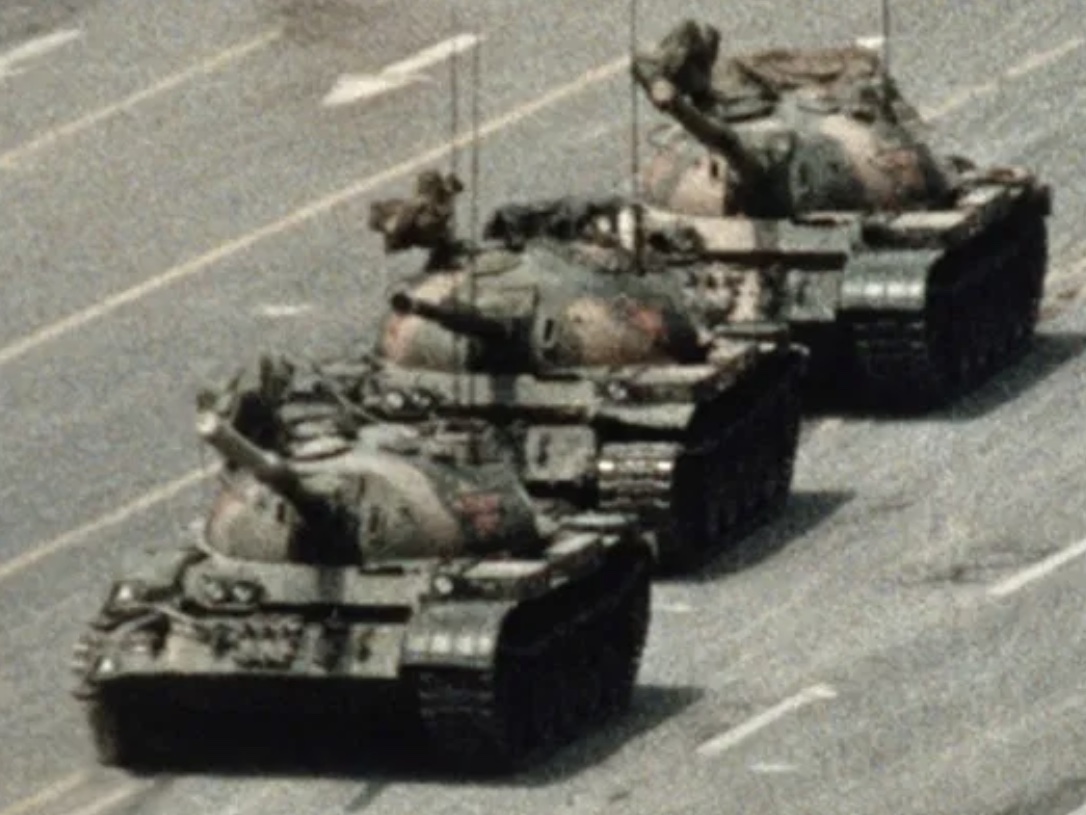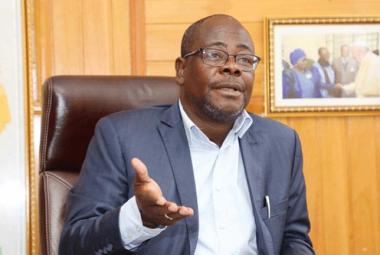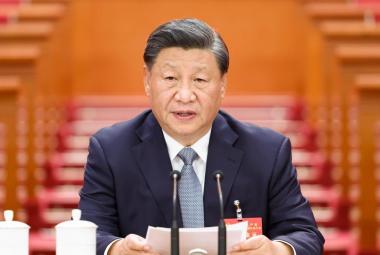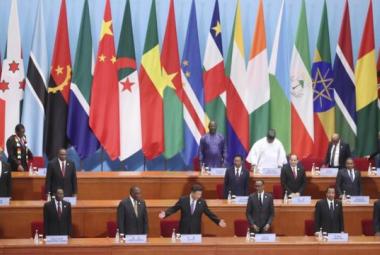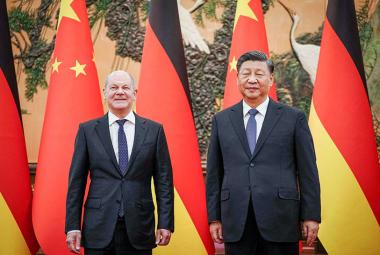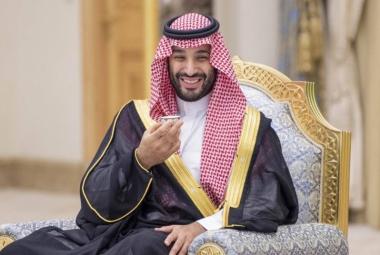Although it has seen many events of great importance, it is more one of the very last ones that helped make Tian'anmen Square known all over the world. The democratic uprising of 1989 recalls the events that made it so tragically famous throughout the world, in this case those of the massacres of which it was the scene in the very recent past.
Tiananmen Square. It was there, from the top of the walls of the Forbidden City, that on October 1, 1949, Mao Tse-tung proclaimed the People's Republic of China. It takes its name from its geographical location, which makes it the gateway to the southern entrance to the Forbidden City. Anything that also earned it the name of Square of the Gate of Heavenly Peace, in the sense that it is south of the famous Square of the Gate of Heavenly Peace of the Forbidden City. With more than 40 hectares, it is one of the largest squares in the world. In order, it ranks fourth, well after another major square in China, namely Xinghai Square in Dalian. The others are Sunflower Square in Palmas, Brazil and Merdeka Square in Jakarta, Indonesia.
Located in the very center of Beijing, Tian'anmen Square also appears as if we have voluntarily decided to concentrate all around the great history of China. There is certainly the Forbidden City which we know what it evokes for the collective memory of the country with its famous Gate of Heavenly Peace and Zhenyang Gate, but also all the buildings and monuments that mark the history of China.
British archives, declassified in 2017, reveal a great deal about the unsuspected scale of the purge that took place on the occasion of what was called the Beijing Spring in Tian'anmen Square and show that the massacres were largely underestimated at the time for the international community.
The death of a heart attack on April 15, 1989 of Hu Yaobang, the former Secretary General of the Chinese Communist Party who had not been in the odor of holiness with the regime since 1987, is the starting point of the pro- democratic. Chinese youth and particularly students who mourn a man of integrity and open to change then demand more democratic reforms from the Deng Xiaoping government. Spontaneous demonstrations are organized here and there in the country in memory of Hu Yaobang, but also to demand more freedoms and democracy. Beijing students demonstrate in Tian'anmen Square. Because almost everywhere in the world, it is time for openness and major socio-political changes. But the question divides within the PCC. If Zhao Ziyang, the Secretary General is like his late predecessor Hu Yaobang, the big shots do not want to hear anything from the claims of the students who receive the support of the Beijingers and their compatriots from the interior of the country. The visit of President Mikhail Gorbachev, who is leading sociopolitical changes in Russia, is expected by students as a boon to echo their own demands with their leaders. Instead of being held in Tian'anmen Square as planned, the handshake between "comrades" Deng Xiaoping and Gorbachev is done elsewhere, far from the commotion that is rocking Beijing. For a historic visit supposed to crown the warming of relations between Russia and China, it is a snub of sorts.
Premier Li Peng and President Deng Xiaoping who are hard-liners are trying to gain the support of party elders and convince other comrades that the students must be evacuated at all costs. Including at the cost of blood, of course. However, to save time, they pretend to engage in dialogue with the student leaders, which leads to nothing. Following its programmed failure, martial law was proclaimed on May 20.
To implement his plan, Deng Xiaoping still finds himself faced with unforeseen difficulties. Even within his army, divisions exist and they are very strong as to what to do with the demonstrators. Many soldiers reluctant to indulge in a massacre against young students who have only leaflets and words in their mouths for all weapons. He must resolve to call on troops from within the country to achieve his ends. But this is not enough. Confined while awaiting their intervention, they undergo brainwashing as a rule. They are told lots of lies with the end goal of keeping their hands from shaking or hesitating when they are in Tiananmen Square.
On the night of June 3 to 4, the Chinese army decided to evacuate Tian'anmen Square of its occupants, qualified as counter-revolutionaries. There followed an unleashing of violence of rare intensity against the latter. In his report, based on a Chinese government contact, UK Ambassador Alan Donald wrote that "the students understood they had an hour to evacuate, but after only five minutes, the tanks attacked”. He speaks of demonstrators “cut to pieces”, armored vehicles who “rolled over the bodies many times, making like a “paste” before the remains were picked up with a bulldozer. Remains cremated and evacuated with a jet of water in the sewers”. “Four injured female students who begged to be spared were bayoneted,” military ambulances, meanwhile, “were shot while trying to intervene,” and the list of atrocities committed is equally macabre.
According to the diplomatic document, the People's Republic of China has come very close to a new revolution, because of the differences that have arisen from the management of this crisis within the army. Certain chiefs having openly expressed their hostility in the face of the massacres, like the Military Commander of the Beijing Region who refuses to provide logistics to the soldiers charged with the killings or the reactions of certain members of the government who do not mince their words .
The crackdown on demands for the democratization of power in China lasted nearly seven weeks. And Alan Donald, British Ambassador at the time, talks about: “Minimum estimate of civilian deaths 10,000” in his diplomatic telegram to his superiors. Between April 15 and June 5, 1989, the 27th Army, made up mostly of uneducated soldiers treated as "primitives" from Shanxi province who were under the command of Yang Zhenhua, nephew of Yang Shangkun, then President of the People's Republic of China, will take care of ruthlessly subduing the demonstrators in Tian'anmen Square. A merciless and ruthless repression that continued across the country. The Chinese power, for its part, always lets it be understood at the end of June 1989 that the repression of the "counter-revolutionary riots" led to 200 deaths on the side of the civilian demonstrators and "several dozen" on the side of the soldiers. In fact, any dictatorship has this particularity in that it always contrives, including through intimidation and force, to make all those who have the misfortune to suffer it, take bladders for lanterns, which she knows full well that no citizen, even the most mentally retarded, would ever accept otherwise in his soul and conscience.
By Tcha Sakaro



